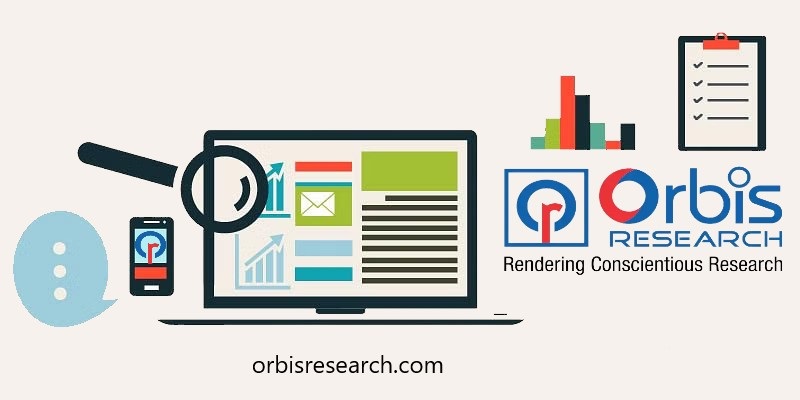Pay-per-click (PPC) advertising is an incredibly powerful tool for marketers. It helps drive targeted traffic to a website and ensures it achieves its marketing goals. Whether you’re looking to increase general website traffic, generate leads or boost your online sales, PPC can be a worthwhile part of your digital marketing strategy.
However, to truly master PPC and achieve optimal results, you need to employ effective strategies. The following article will explore some key strategies that can help you make the most of your PPC campaigns.
What is PPC (Pay-Per-Click)?
When employing PPC, advertisers pay a specific fee each time an ad is clicked on. It’s a way of buying visits to your website rather than attempting to “earn” those visits organically through search engine optimisation (SEO) or other methods. PPC ads can appear on a variety of platforms, including search engines, social media and various websites. The most widely recognised PPC advertising platform is Google Ads (formerly known as Google AdWords), but other platforms such as Microsoft Advertising and social media networks offer PPC advertising options as well.
Here’s how PPC works:
- Ad Campaign Setup: Advertisers create ads and bid on specific keywords or phrases that are related to their products or services. These keywords are what trigger their ads to appear when users search for them.
- Auction System: When a user enters a query, a real-time auction takes place to determine which ads will be displayed. The auction considers factors such as the bid amount, ad quality and ad relevance.
- Ad Display: If an advertiser’s bid is competitive and their ad is relevant, their ad is displayed in the SERPs or on a relevant website or social media platform when the user’s search query matches their chosen keywords.
- Payment: Advertisers are charged only when a user clicks on their ad. Hence, the term “pay-per-click”. The cost of each click can vary widely depending on factors such as keyword competitiveness and the quality of the ad campaign.
Here is a step-by-step guide to effective PPC advertising:
1. Define Your Goals and KPIs
Before diving into PPC advertising, it’s crucial to define your goals and KPIs. What are you trying to achieve with your PPC campaigns? Are you looking to increase awareness of your brand, drive website traffic, generate leads or boost sales? By clearly defining any objectives, you can tailor your PPC campaigns to carefully align with your goals and measure their success accurately. You should work with an experienced Google Ads agency to hit the goals you want to achieve.
2. Conduct Thorough Keyword Research
Keywords are the crucial foundation of any successful PPC campaign. Begin your campaign by conducting comprehensive research to identify the keywords, terms and phrases your target audience is likely to use when looking for your products or services. Use keyword research tools like Google Keyword Planner, SEMrush or Ahrefs to discover relevant keywords with sufficient search volume and reasonable competition.
3. Create High-Quality Ad Copy
The copy of every ad plays a powerful role in your PPC campaign’s success. Craft compelling, concise and relevant copy that clearly speaks to the requirements and needs of your target audience. Highlight the unique selling points of your products or services and include a clear call to action (CTA) that encourages users to take the desired action – whether it’s clicking through to your website or making a purchase.
4. Optimise Your Landing Pages
Driving traffic to your website is only part of the equation. Once users click on any of your ads, they should be directed to highly optimised landing pages that provide a seamless and relevant user experience. Ensure that your landing pages are crafted to align with the ad copy and keywords used in your PPC campaigns. Optimise them for speed, mobile-friendliness and conversion by including clear CTAs, persuasive content and user-friendly navigation.
5. Set a Realistic Budget
Effective budget management is critical in PPC advertising, so you should set a realistic budget that allows you to achieve a positive return on investment (ROI). Monitor your campaign performance regularly and adjust your budget allocation based on the performance of individual campaigns, keywords and ad groups.
6. Use Targeting Options
Take advantage of PPC advertising platforms’ targeting options to reach your ideal audience. What’s more, you can target users based on demographics, interests, location and so much more. By carefully narrowing down your audience, you can ensure that your ads are shown to the most relevant prospects, increasing the likelihood of conversions.
7. Implement Ad Extensions
Ad extensions is additional information that can be displayed alongside your PPC ads. They provide valuable information to users and can improve both the visibility and click-through rate (CTR) of your ads. Popular ad extensions include site link extensions, callout extensions and location extensions. Experiment with different extensions to see which ones resonate best with your audience.
8. Monitor and Analyse Performance
Continuous monitoring and analysis are essential for optimising your PPC campaigns. Use analytics tools provided by the advertising platform (such as Google Ads) to track key metrics like CTR, conversion rate, and cost per conversion. Identify underperforming keywords or ads and make data-driven adjustments to improve campaign performance.
9. A/B Testing
Also known as split testing, A/B testing involves creating multiple variations of your ads or landing pages to determine which performs best. Test different ad copy, headlines, images or landing page elements to identify what resonates most with your audience. Over time, A/B testing can lead to significant improvements in campaign performance.
10. Stay Informed and Adapt
The world of PPC advertising is constantly evolving, with new features, trends and best practices emerging regularly. Stay informed about industry developments, algorithm changes and competitor strategies. Be willing to adapt and experiment with new techniques and tips to maintain a competitive edge in the PPC landscape.
To Wrap Up
Mastering PPC requires a combination of careful planning, ongoing optimisation and a commitment to staying up to date with industry trends. By defining clear goals, conducting thorough research and continually refining your strategies, you can unlock the full potential of PPC advertising and drive meaningful results for your business.
https://hrnews.co.uk/mastering-ppc-strategies-for-effective-pay-per-click-advertising/




